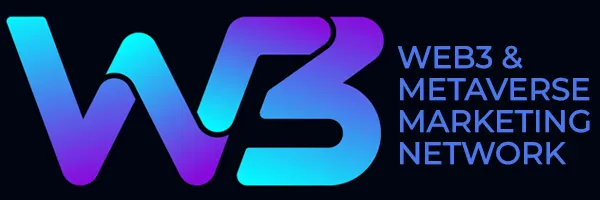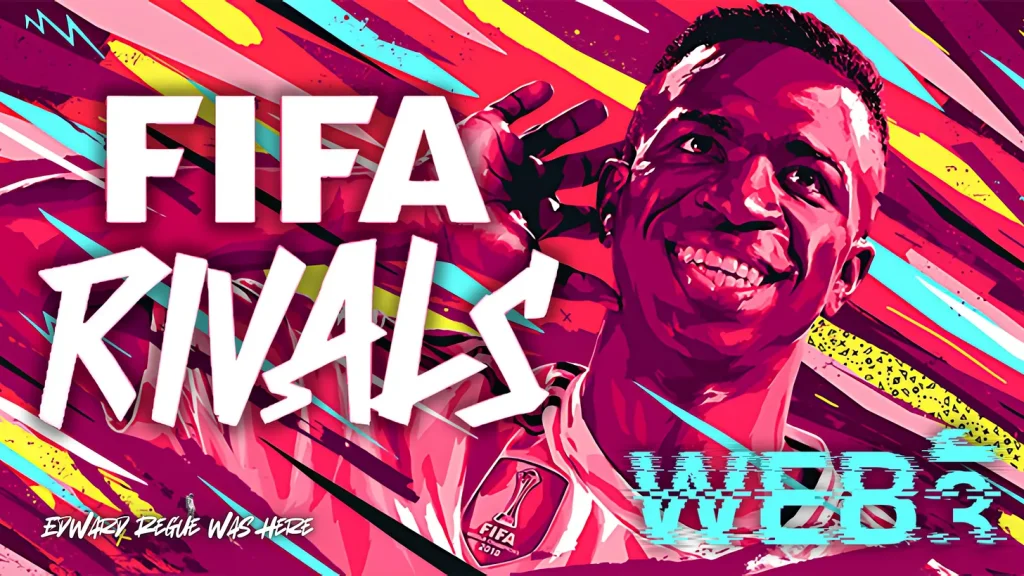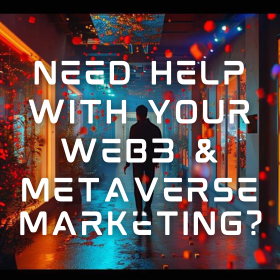FIFA’s partnership with Mythical Games to develop FIFA Rivals has resulted in a free-to-play soccer game, scheduled for 2025, which will include real-time arcade gameplay and NFT based player trading on the Mythos blockchain. This feels calculated.
Web3 adoption in gaming has been a mixed bag, with early ventures often facing backlash over environmental concerns, speculative market practices, and limited practical use. These challenges have prompted companies like FIFA to proceed carefully. Working with Mythical Games, which successfully launched NFL Rivals, ensures that FIFA Rivals builds on established frameworks and avoids common pitfalls.
The Gameplay & Game Modes
The game will feature two main modes:
- Player vs. Environment (PvE): A campaign mode where players can build their teams and compete against AI to progress through challenges and unlock rewards.
- Player vs. Player (PvP): A competitive esports-style mode allowing players to face off against each other in real-time. This mode is being developed with input from FIFA’s esports division, FIFAe, to ensure it delivers a competitive experience.
The gameplay will adopt an arcade-style design rather than hyper-realistic visuals, making it accessible and engaging. Players will manage their clubs, controlling teams in matches while developing strategies to outplay opponents.
Blockchain Integration and NFT Economy
The standout feature of FIFA Rivals is its integration of blockchain technology. Players can own and trade football stars as NFT collectibles via the Mythos blockchain, creating a player-driven economy. Here’s how the economy is expected to work:
Cross-Country Accessibility: Unlike traditional mobile games that may struggle to monetize in certain regions, FIFA Rivals aims to establish a global trading network, where users from diverse economic backgrounds can participate equally.
Quick Trade System: Players can earn, trade, and acquire items seamlessly. The trading system will allow participants across the globe to engage in asset exchanges, whether they’re spending money or participating for free.
Ownership: NFTs will represent football stars and other in-game assets, giving players a sense of true ownership. Players can use their earned or traded assets across various game modes.
How EA Learned From the Mistakes of Others
Trip Hawkins, the founder of EA, has spoken about the potential of Web3 to reshape gaming. He recently stated, “I’m excited to begin my journey with GFAL leveraging new and emerging technologies to enhance performance and create exciting, immersive experiences for gamers.” His perspective reflects the cautious optimism held by many industry leaders about how blockchain can add value to gaming. EA’s own exploration of blockchain technology through partnerships shows how companies are testing the waters without overwhelming their core audiences.
John Linden , CEO of Mythical Games, emphasized their ambition to innovate in the Web3 gaming sector. Their previous success with NFL Rivals, where players collect, trade, and manage NFT player cards has set the stage for FIFA Rivals to captivate soccer fans worldwide.
So what is the role of web3 here? The Mythos blockchain adds a layer of transparency and security to transactions, ensuring fans can trade and manage their digital assets with confidence. That is all. Nothing fancy and complicated. So, there is no need to start a revolution around it. The core of the project remains THE PLAYERS AND THE GAME.
Stay tuned…..
–
Edward Regue © | Philosopher of Web3 | Immersive Spaces










